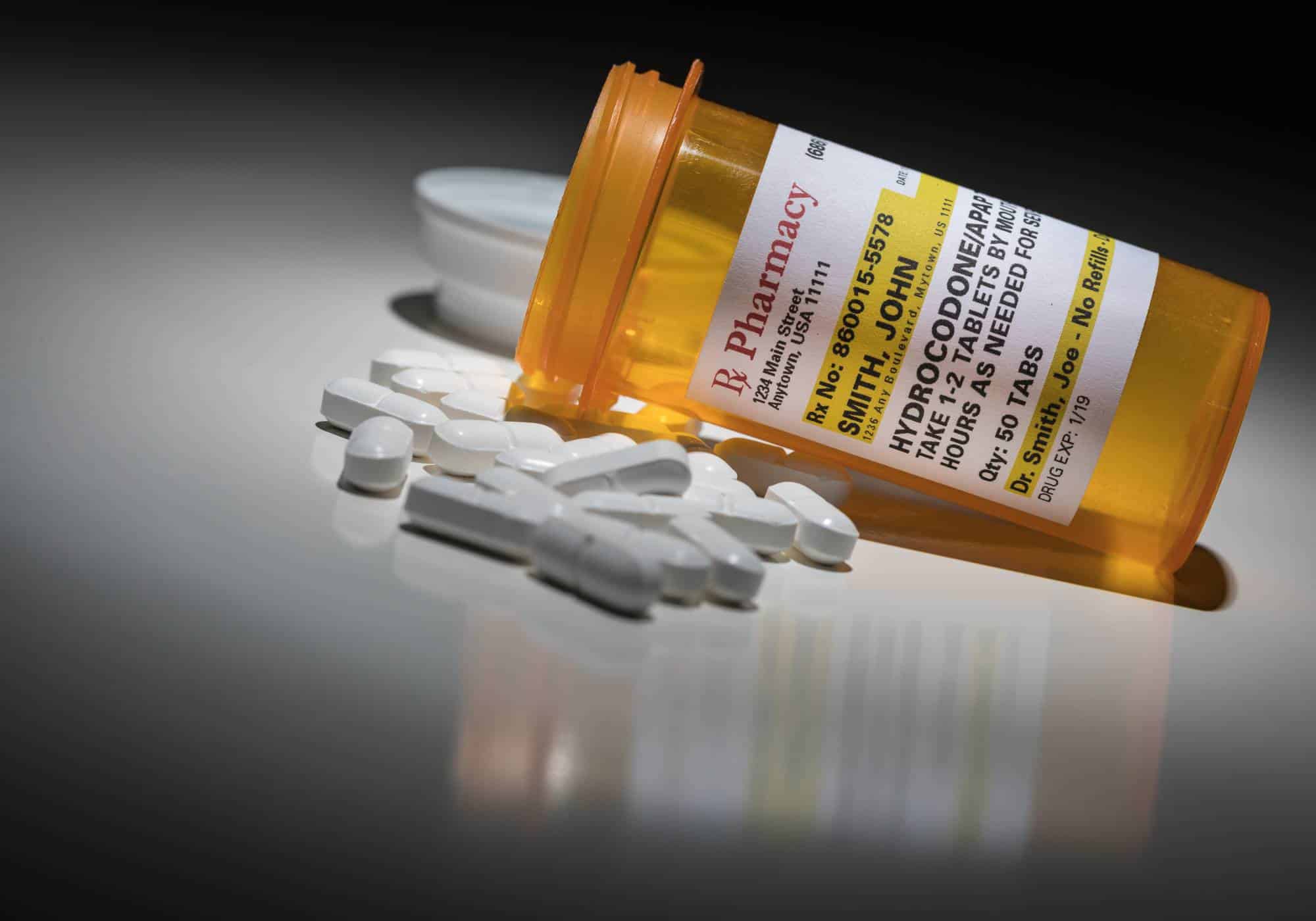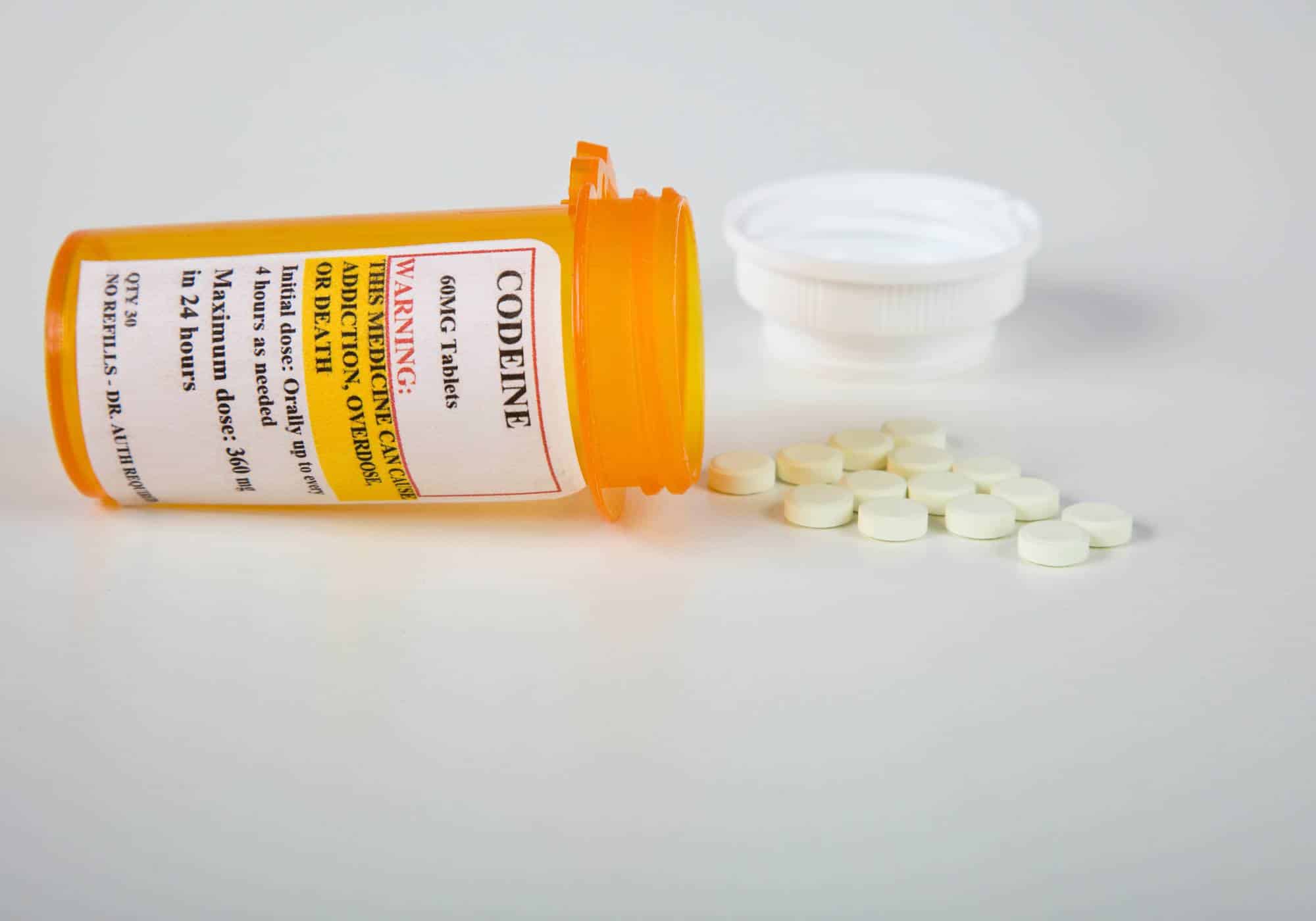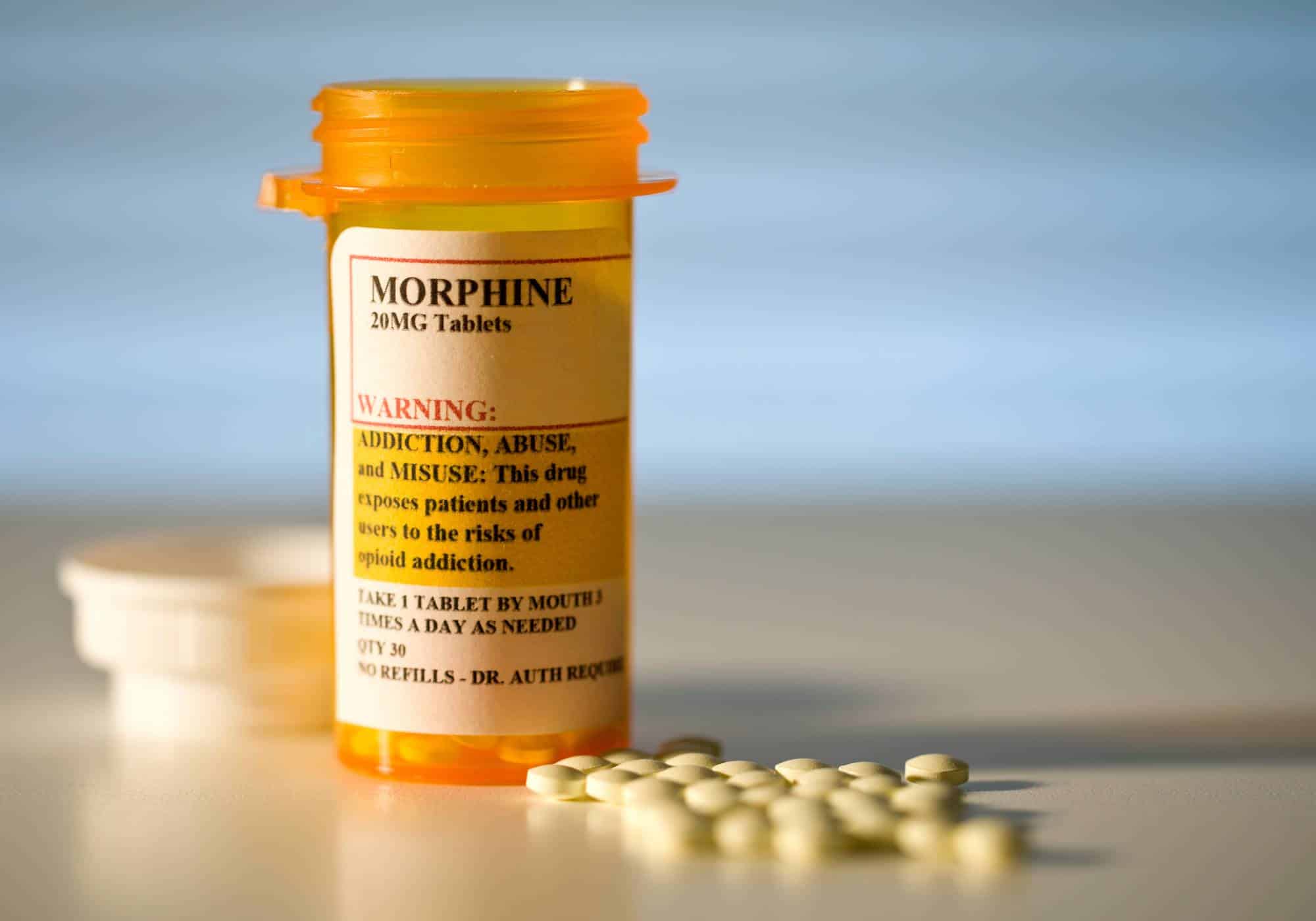Cocaine addiction is a severe problem for millions of people worldwide, but many struggle to seek proper treatment due to fear and stigma. It’s crucial to recognize the power that shame and judgment can have in preventing people from seeking help, as well as provide useful information on steps they can take toward healing and recovery.
No one said it would be easy to battle an addiction. Whether it’s a dependency on cocaine, alcohol, or any other substance, the emotional and physical toll of addiction can sometimes feel insurmountable. However, there is help available if you’re ready to take the first step.
Understanding Cocaine Addiction
Cocaine addiction is a severe substance use disorder in which an individual develops an uncontrollable and compulsive need to use the drug despite its negative consequences. Cocaine is a highly addictive stimulant, causing users to experience a rush of euphoria followed by extreme cravings for more of the drug. Addiction occurs when this powerful desire causes individuals to engage in risky behaviors, such as putting the drug before their safety, relationships, and responsibilities.
Cocaine addiction can have serious physical and mental health implications, including increased risk of stroke, heart attack, paranoia, depression, anxiety, and other health issues. People who suffer from cocaine addiction may also experience financial strain due to their compulsion to buy more drugs on a regular basis.
Recognizing the Fear and Stigma of Addiction
Recognizing the fear and stigma associated with cocaine addiction is an important first step in encouraging treatment. Unfortunately, people often view those struggling with cocaine addiction as being weak or morally flawed. This misguided shame can lead to a sense of loneliness and isolation that prevents many individuals from reaching out for help.
Additionally, people can be afraid to seek treatment due to fears of judgment by those around them or worries that treatment may not be successful. However, it’s important to remember that cocaine treatment programs are designed to address these issues in a safe and supportive environment where you can feel comfortable sharing your experiences without shame or guilt.
It’s also important to recognize that treatment for cocaine addiction isn’t always a linear process. While treatment often involves an initial period of abstinence from the drug, relapse is common and doesn’t necessarily mean treatment has failed. Treatment plans should involve strategies to prevent future relapses and help you learn how to cope with cravings in healthier ways.
Understanding the Power of Shame and Judgment
Shame occurs when people feel like they are not accepted or valued by others due to their behavior or identity. When it comes to addiction, this sense of worthlessness can be compounded by feelings of guilt and embarrassment associated with substance abuse. As a result, many individuals avoid seeking treatment due to fear of being judged or rejected.
The stigma surrounding addiction can likewise create barriers to treatment-seeking behavior. Stigma is an attitude that someone is less worthy than other people because of their condition or behavior. People who struggle with cocaine addiction may encounter negative attitudes from family, friends, employers, and even healthcare providers that can make treatment seem out of reach.
Building a Safe and Supportive Environment for Treatment
Creating a safe and supportive environment for treatment is essential in helping individuals seek treatment for cocaine addiction. First, it’s essential to recognize that addiction is not a moral failing but rather a complex medical issue that requires treatment. People should also be provided with information about treatment options available in their area so they feel empowered by their own decision-making process.
It’s equally important to avoid judgmental language or assumptions when discussing professional treatment for cocaine addiction. Instead, try using terms such as “struggle” or “challenge” that more accurately reflect the complexity of the problem without passing judgment or labeling another person.
Friends and Family
A supportive environment can begin with family and close friends who are non-judgmental and willing to listen without passing judgment. It’s important that these people understand the complexities of addiction and recognize that treatment will not happen overnight but rather is a long process that takes time, effort, and patience.
Professional Support
In addition to family support, treatment providers play an essential role in creating a safe environment for treatment. Providers should be knowledgeable about the unique effects of cocaine use on individuals so they can tailor treatment plans to best meet their needs. Effective treatment plans include strategies for managing cravings, preventing relapse, developing coping skills, engaging in self-care activities, and accessing support systems.
Holding Space
By taking steps to build a safe and supportive treatment environment, we can help make treatment for cocaine addiction more viable for those who need it most. Creating an atmosphere of understanding and compassion will encourage individuals to reach out for help without fear of judgment from family, friends, treatment providers, or the general public. Ultimately, creating such an environment is essential in making treatment an accessible option that can potentially save lives.
Treatment Options for Cocaine Addiction
The treatment for cocaine addiction is multifaceted and must involve a comprehensive, personalized treatment plan that takes into account the individual’s unique needs. Treatment typically begins with medical detoxification to help the body rid itself of toxins associated with cocaine use. This process may involve medications to reduce cravings and manage any withdrawal symptoms experienced during this time.
Once medically stabilized, treatment typically includes counseling, therapy, support groups, and other evidence-based treatment approaches such as cognitive behavior therapy (CBT), dialectical behavior therapy (DBT), or motivational interviewing. These therapies are designed to address the underlying causes of an individual’s drug use while also teaching healthier coping skills and relapse prevention strategies. With proper treatment, individuals in recovery can learn to manage their addiction and develop the skills necessary for a lifetime of sobriety.
There is no “one-size-fits-all” treatment approach when it comes to cocaine addiction, but with the right treatment plan and dedicated effort from both patient and care team, healing is possible.
Treatment for Cocaine Addiction in Hiram, GA
Hope Harbor Wellness provides treatment for cocaine addiction in Hiram, GA, that includes behavioral health services designed to meet the individual’s needs. We understand that treatment for cocaine addiction requires commitment from both the patient and their care team, so we strive to create an environment of understanding and compassion. In addition to our evidence-based treatment approach, we offer a range of aftercare services, such as support groups, relapse prevention counseling, and lifestyle change management.
If you or someone you know is struggling with cocaine addiction, please contact us today at Hope Harbor Wellness. We are here to provide compassionate care and help individuals begin their journey toward recovery.












